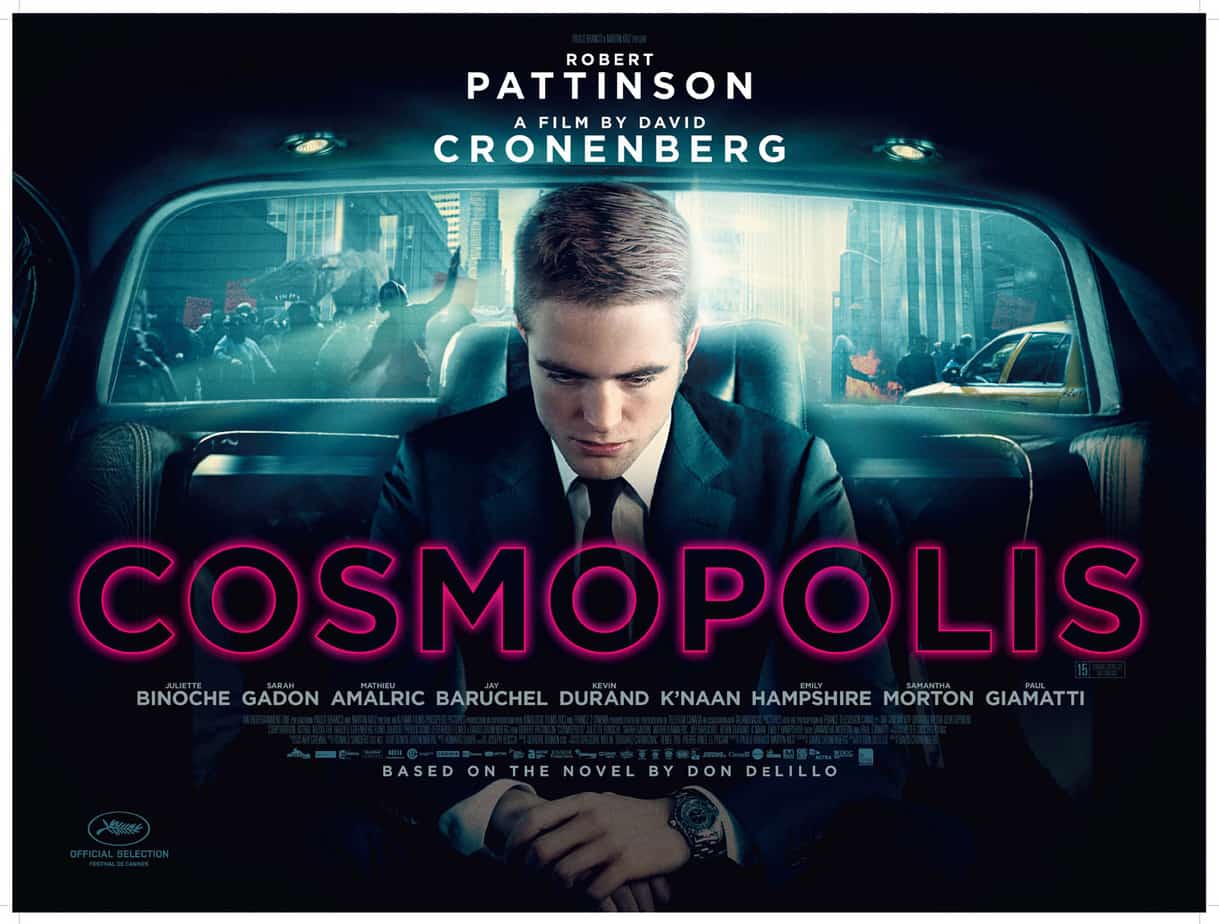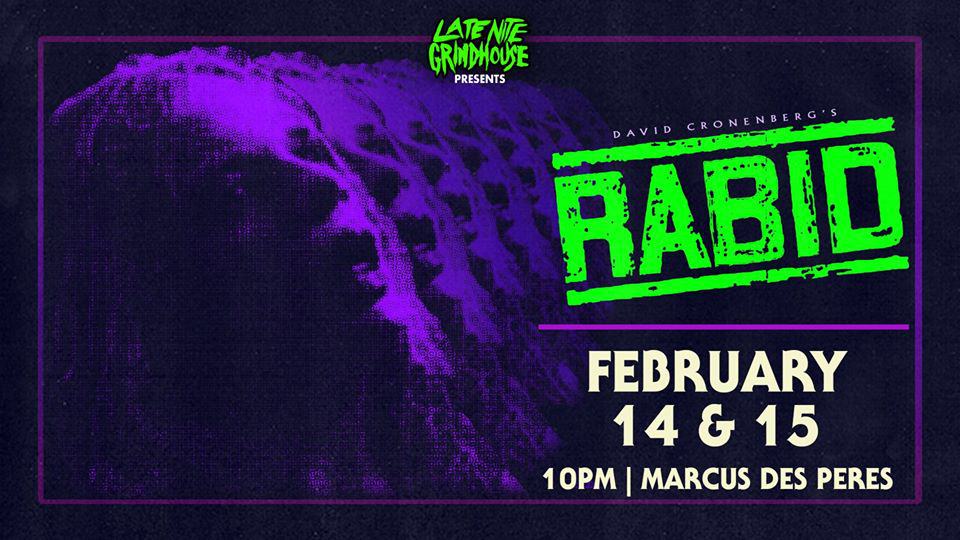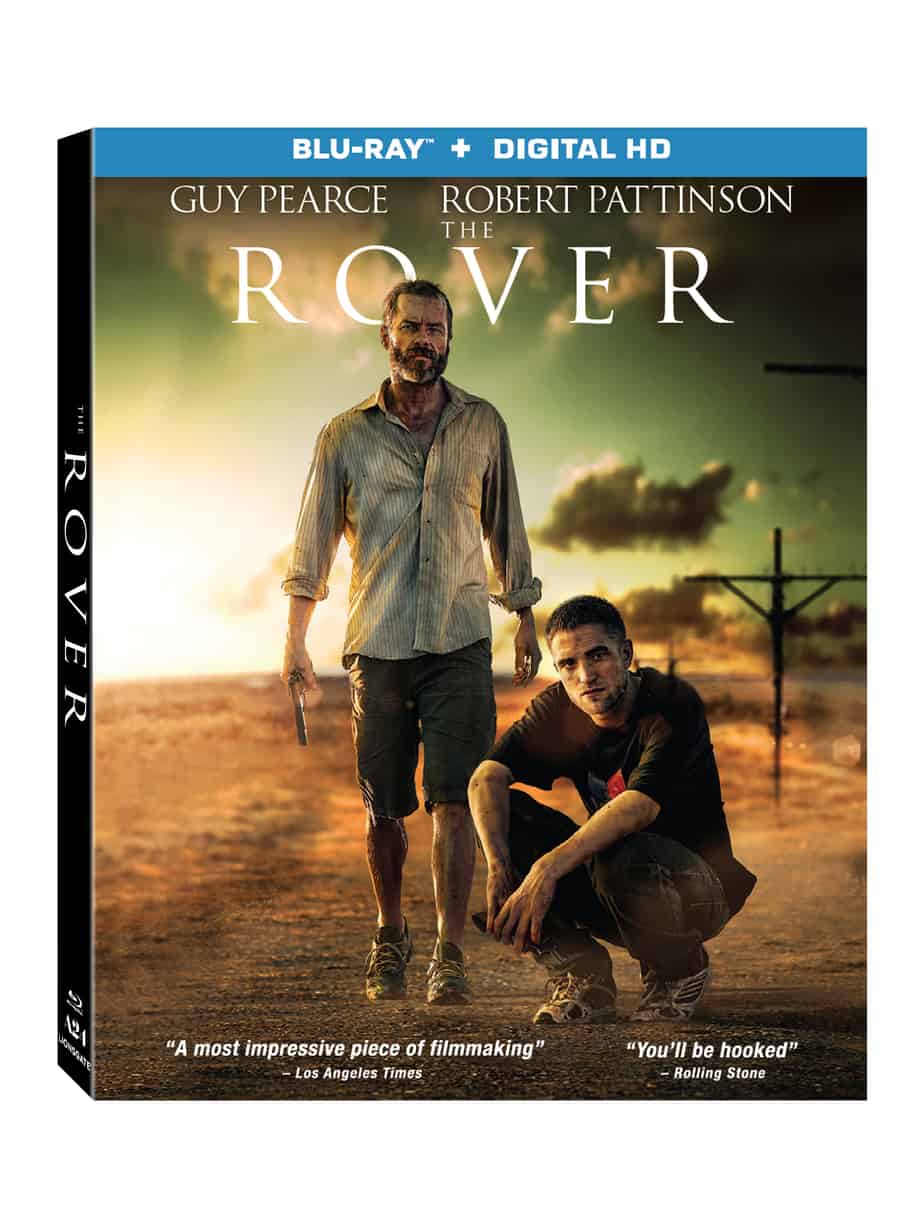
Movie Review: ‘COSMOPOLIS’
David Cronenberg may have dropped some of his “splatterpunk” sensibility which he first displayed with the likes of Shivers, Scanners, and Videodrome, but he still embodies a kind of “punk rock” mindset when choosing and adapting his film projects. Whether it is adapting the underground graphic novel A History of Violence – which him and screenwriter Josh Olson cleverly changed quite a bit – or analyzing a stage play about the birth of the mental health system in A Dangerous Method, Cronenberg always seems to thwart expectations and go outside of the box in his choosing of new films. Cosmopolis is certainly no exception. Like the other two features, it’s a bold choice that shows that the director, despite his age, is not settling for an easy way out. Don DeLillo’s novel of the same name is an intense trip across New York City and through the mind of a powerful and contemplative business man. This is the first feature length film that Cronenberg is handling screenplay duties on since 1999’s eXistenZ and the result is both jarring and overwhelming. Then again, many would say the same about the source material. I wouldn’t be surprised though if that is exactly how the “punk” filmmaker would want you to view it.
Cosmopolis opens on a busy New York morning where the day is marked by the president of the United States coming to visit. Coincidentally, a large protest against corporate greed will also be held in the streets. Even with this knowledge, the wealthy and powerful Eric Packer (Robert Pattinson) decides he wants a haircut. His white limousine soon becomes a revolving door for fellow workers, bankers, doctors, and pleasurable persuasions as this seemingly mundane task soon evolves into a character changing experience over the course of one tumultuous day.
To say that the film turns into a cyclical debate about greed and power is an understatement. The main goal of the film seems to spark a dialogue with the viewer on topics that are all too common in our current economy. Many of these conversations though either feel too familiar given the amount of movies and documentaries that have raised similar questions or feel overly complex through the use of bloated and grandiose vocabulary that will likely fly over the heads of most viewers. A unique speech pattern and rhythm begins to form during many of these discussions that doesn’t necessarily feel natural. How Eric Packer talks to his newlywed wife, for instance, seems the most bizarre as their exchanges come across as a weird dance where no one is exactly leading the other and neither seem to really want to be there with each other in the first place. I know that that is most likely Cronenberg’s point as Packer has more of a connection with his barber than his own wife, it just doesn’t necessarily make for an enjoyable film experience when you really don’t care what happens to a character that you neither hate nor love.
Richard Linklater structured several films in a similar fashion; where the film moves from one deep conversation between characters to the next. Like Slacker, Waking Life, or Before Sunrise, Cosmopolis is more a film about ideas and characters; even if they aren’t as likable as they are in Linklater’s films. The main fault of Cronenberg’s dialogue in each of these vignettes – which is really the best way to view the film – is that it never feels specific to the designated characters talking. It’s as if he had a number of opinions and subjects that he wanted to include but never actually delved into the uniqueness or characteristics of each of the pawns in Eric Packer’s philosophical game. Never do we feel any form of connection between Packer and his guests. Waking Life – the best example of this style- shows a series of dialogue driven sequences that flows from one topic and character to the next. However, it was done in such a way that each of the main protagonist’s meetings seemed important and separate. Cosmopolis begins to melt into one drawn-out, theoretical blur after forty minutes or so. Much like Waking Life, one almost begins to feel that Cosmopolis presents a detached lead who may actually be slipping in and out of reality or in and out of discussions with multiple sides of his own personality.
Before the film becomes an exhausting and pointless exercise in obtuse ideas versus an actually engaging experience, Cronenberg brings a spark to the finale: Paul Giamatti. Between the iconic actor and the fresh-faced Pattinson, a battle of wit and ego erupts and fills what remaining space there is in Giamatti’s cluttered and dirty apartment. For once in the film’s 109 min. running length, the viewer is left with an anticipation that anything might transpire between the two of them. It is a moment of conflict and surprise that will appease Cronenberg fans who have seen the director recently focus more on intense dialogue driven scenes than graphic violence. More importantly, they might be surprised just how well Pattinson handles himself in such scenes after dropping the glitter and the fangs from the Twilight films. David Cronenberg is a masterful director who continues to make inspired choices that push him in new and different directions. His comments on how money, power, and technology can disconnect humans from one another is appreciated and will most likely be shared by most viewers, however the ride the Canadian director takes you on through these discussions is almost as lifeless as Eric Packer’s lavish and monstrous limo.



